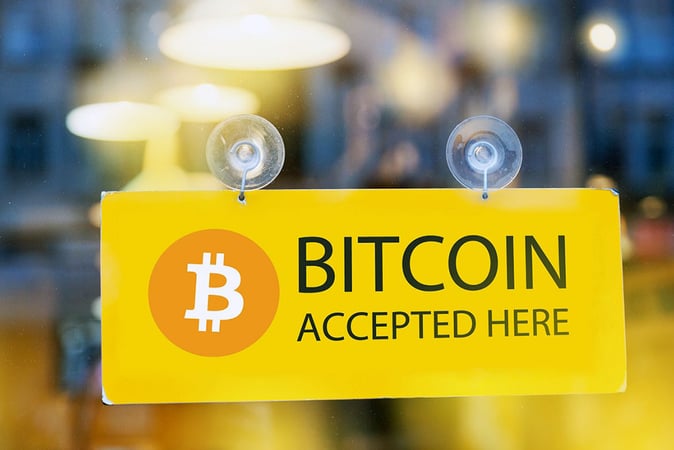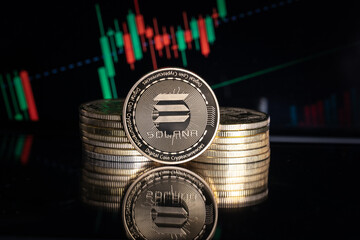For Bitcoin to compete with major currencies as a world reserve currency, more merchants must accept it for payment to further improve existing liquidity.
The adoption of Bitcoin (BTC) as a global payment currency and investment vehicle has continued to gradually challenge traditional, political, and geographically oriented fiat currencies. As the leading cryptocurrency with a fully diluted valuation of about $922 billion, Bitcoin continues to provide stability and liquidity to the entire altcoin industry. Consequently, more enterprises continue to integrate with Bitcoin in a bid to ensure sustainable future growth prospects.
Bitcoin Adoption Widened in 2023 with Growing Demand for BTC Payments
The increased crypto regulatory frameworks around the world have significantly helped in the mass adoption of Bitcoin, altcoins, and the wider Web3 ecosystem. For instance, El Salvador has recorded more merchants accepting Bitcoin as a form of payment since the country adopted the flagship coin as the legal tender alongside the United States dollar. As more merchants widen their market coverage through online platforms, the adoption of Bitcoin as a form of payment is undeniably critical. Moreover, there are more than 425 million crypto users, according to a recent survey.
According to market data collected by BTC Map, merchants accepting Bitcoin as a form of payment experienced a 174 percent surge in 2023 to around 9,926 as of this report. Out of this, around 5535 merchants accept Bitcoin’s on-chain payments whilst 5,107 accept lightning-powered Bitcoin payments.
Map with 10,000 pins is created and maintained by shadowy supertaggers (our UX master @StackingSaunter being the top one!), who are every day hunting for new places accepting #bitcoin in your aread 🔥
—–
You can also, today:1️⃣ Find where to buy some 🍆🥕🥦 tonight and meet… pic.twitter.com/ZXc0EZRXuj
— Alby 🐝 (@getAlby) January 5, 2024
Notably, BTC Map is a free Bitcoin project that is open-sourced in a bid to help Bitcoin users easily spot areas to spend their coins in physical outlets. From the map provided by BTC Map, it is evident that most of the merchants accepting Bitcoin as a form of payment are concentrated around Latin America, North America, and Europe. Fewer merchants in Africa and Asia accept Bitcoin as a form of payment.
In South East Asia, the Philippines has the most merchants accepting Bitcoin as a form of payment. Amid the notable rise of the BRICS alliance, fewer merchants in China, Russia, and India have accepted Bitcoin as a form of payment.
🚨 BREAKING : This is huge for #Bitcoin!
Mercari, one of the largest e-commerce platforms in Japan, will accept #BTC as payment through Melcoin.
👉 This will expose millions of customers to the power of #Crypto and boost the adoption rate in Japan.
Way to go, Mercari! 🙌 pic.twitter.com/7dFeD30rKP
— Budhil Vyas (@BudhilVyas) January 8, 2024
Market Picture
The Bitcoin adoption phase is expected to enter a new era after the United States States Securities and Exchange Commission (SEC) approves the first spot Bitcoin exchange-traded funds (ETFs), possibly by Wednesday, January 10. Consequently, more employees in the United States will have the option of diversifying their 401k retirement plan to Bitcoin. Moreover, hundreds of billions of dollars are expected to proliferate in the Bitcoin space in a similar fashion after the US approval of the gold spot ETF in 2004. Nevertheless, Bitcoin adoption remains inevitable, especially with the high global debt of more than $304 trillion and the poor monetary policies implemented by most central banks around the world.




